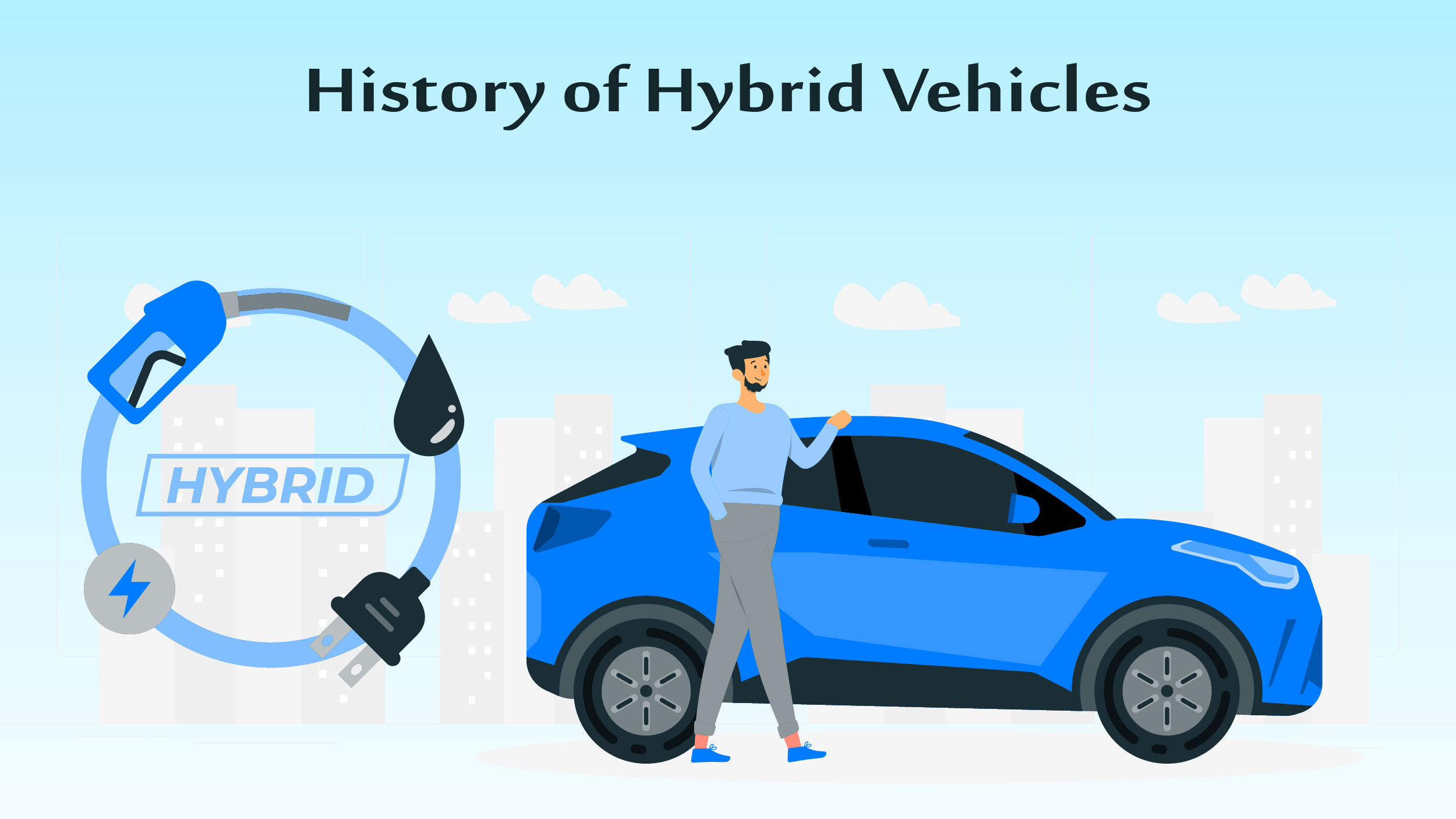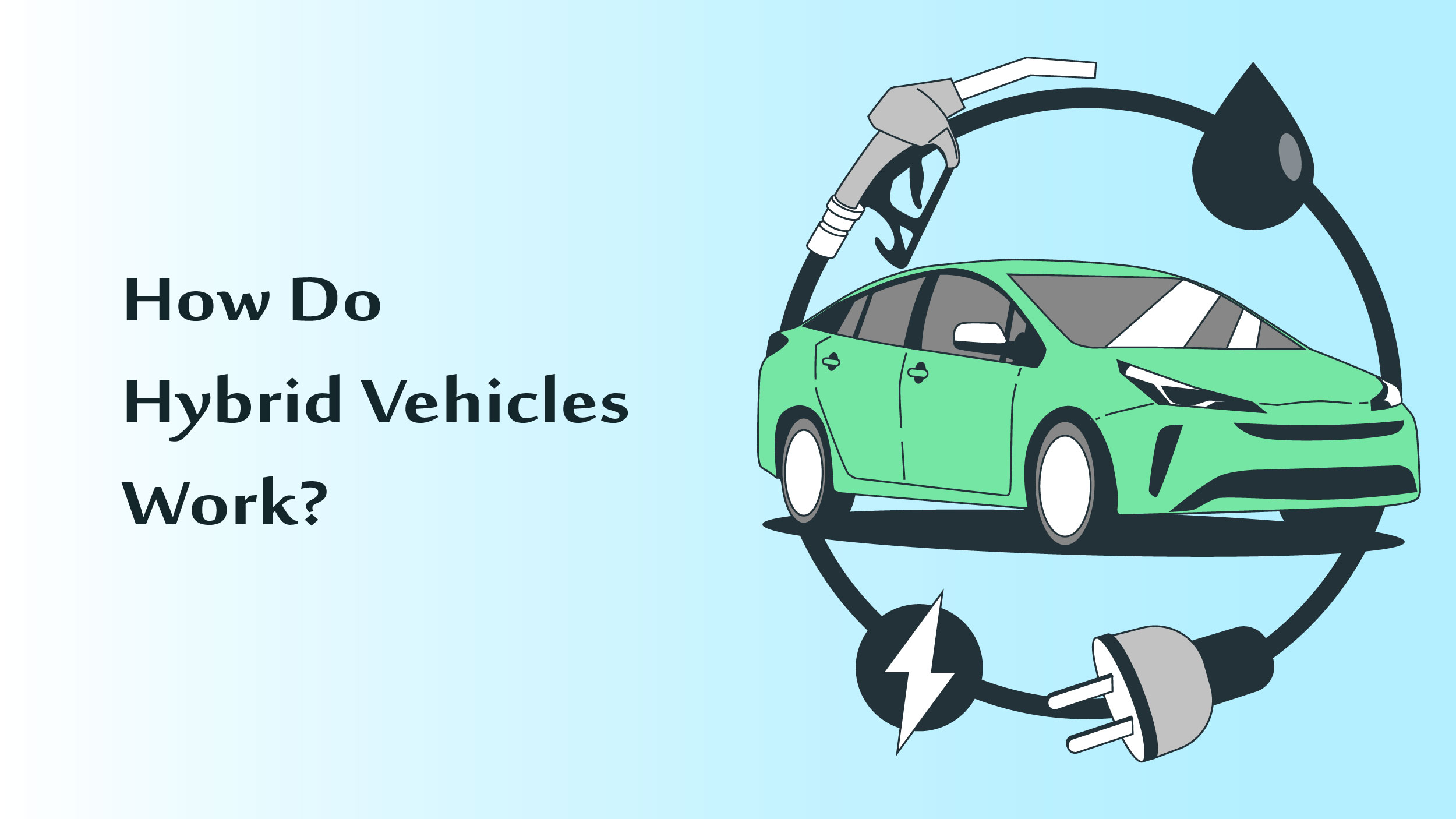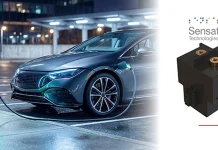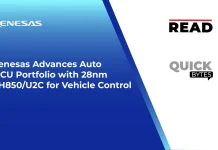In our pursuit of a greener and more sustainable future, the car-making industry has stepped up its game by developing hybrid cars. Imagine smart vehicles that effortlessly blend the might of our good old fuel engines with the super-efficiency of electric motors! This combo provides a fantastic and eco-friendly option for all of us with a soft spot for the environment. So, in this blog post, we’ll explore the world of hybrid vehicles, looking at some of the best options in the market today.
What is a Hybrid Vehicle?
A hybrid vehicle combines an electric motor with a gasoline engine, utilizing regenerative braking to recapture energy. The electric motor and gas engine can work independently or together, resulting in improved fuel efficiency and, in some cases, enhanced performance.
These hybrids rely on a high-voltage battery pack, separate from the standard 12-volt battery, which is recharged by capturing energy during deceleration through regenerative braking. The gas engine also plays a role in charging and maintaining the battery. Various hybrid designs are employed by car manufacturers to achieve different objectives, whether it’s maximizing fuel savings or keeping the vehicle cost-effective.
Recently, to leverage the growth potential of the market for hybrid cars, conventional automakers have joined forces to fund research on hybrid and electric vehicles.
History of Hybrid Vehicles
 Hybrid cars made their debut in the U.S. market around the 2000 model year, with the compact Honda Insight leading the way. Soon after, the Toyota Prius joined the ranks, despite having been available in Japan since 1997. Initially, “hybrid” was synonymous with small, fuel-efficient sedans.
Hybrid cars made their debut in the U.S. market around the 2000 model year, with the compact Honda Insight leading the way. Soon after, the Toyota Prius joined the ranks, despite having been available in Japan since 1997. Initially, “hybrid” was synonymous with small, fuel-efficient sedans.
Over time, hybrid technology has become a common feature in many popular vehicle models, often incorporating a hybrid powertrain. While fuel efficiency remains a primary reason for transitioning to hybrids, some models, like the Ford F-150 Hybrid pickup truck, leverage this technology to enhance their electrical power for quicker acceleration and stronger towing capabilities.
Overall, modern hybrids are not only cost-effective but often prove to be cheaper in the long run compared to their purely gasoline-powered counterparts. They are known for their reliability and high owner satisfaction ratings. In fact, many drivers find them enjoyable to drive, and the convenience of refueling at any gas station eliminates the need for plugging in.
How Do Hybrid Vehicles Work?

Hybrid cars offer the best of both worlds by combining the strengths of an internal combustion engine (typically gasoline) and one or more electric motors. These power sources work together to propel the vehicle, resulting in improved fuel efficiency and reduced emissions.
Let’s break down how hybrid vehicles function:
- Power Sources: Hybrids have both an internal combustion engine and one or more electric motors. These components can operate independently or in tandem to move the vehicle.
- Energy Storage: Hybrids are equipped with a battery pack that stores electrical energy. This battery can be charged through regenerative braking (where the electric motor converts kinetic energy into electricity) and by the engine during regular operation.
- Power Distribution: The hybrid system manages the allocation of power between the engine and electric motor(s) based on factors like driving conditions, power demands, and efficiency. It determines when to utilize the engine, electric motor, or a combination of both.
- Modes of Operation: Hybrid cars can function in various modes, including:
- Electric Mode: Operating solely on electric power from the battery, with the engine turned off. This mode is often used at low speeds or for gentle acceleration.
- Engine Mode: Running exclusively on the internal combustion engine, with the electric motor inactive. This mode is typically used during high-speed driving or when more power is required.
- Hybrid Mode: Combining the engine and electric motor to power the vehicle, frequently used during moderate acceleration or when additional power is needed.
- Energy Management: The hybrid system intelligently manages power sources, capturing energy during braking and deceleration that would otherwise go to waste. It optimizes power distribution to maximize fuel efficiency and minimize emissions.
Keep in mind that specific hybrid vehicles may have unique configurations and operational principles. Some hybrids are capable of being charged from an external power source, adding another dimension to their functionality.
Best Hybrid Vehicles
Given below are the top hybrid vehicles available in the market:
- Toyota Prius: The Toyota Prius stands as a renowned and beloved hybrid vehicle, celebrated for its exceptional fuel efficiency, unwavering reliability, and spacious interior.
- Honda Accord Hybrid: If you’re seeking a comfortable ride, impressive fuel economy, and a well-appointed interior, the Honda Accord Hybrid is your ideal choice. It skillfully merges performance with efficiency.
- Toyota Camry Hybrid: Known for its smooth ride, roomy cabin, and remarkable fuel efficiency, the Toyota Camry Hybrid delivers a comfortable and pragmatic driving experience.
- Hyundai Ioniq Hybrid: In the compact car segment, the Hyundai Ioniq Hybrid excels with its commendable fuel efficiency, comfortable interior, and an array of advanced safety features.
- Ford Fusion Hybrid: For those desiring a comfortable ride, spacious interiors, and good fuel economy, the Ford Fusion Hybrid fits the bill. It boasts a stylish design and offers a range of optional features. Furthermore, Ford estimates that by 2030, electric cars will account for 40% of the company’s sales.
- Lexus ES Hybrid: The Lexus ES Hybrid beautifully blends luxury and efficiency, presenting a refined driving experience, a plush interior, and advanced safety features.
- Kia Niro: As a compact crossover with a hybrid powertrain, the Kia Niro impresses with its practicality, solid fuel efficiency, comfortable ride, and versatile interior.
- BMW 330e: For a plug-in hybrid that marries performance with efficiency, the BMW 330e is your go-to choice. It promises a sporty driving experience, luxurious amenities, and the option for electric-only driving.
In a Nutshell
Hybrid cars have become an appealing option for buyers seeking a more environmentally friendly and sustainable form of transportation. Hybrid vehicles combine the efficiency of electric motors with the power of combustion engines to provide increased fuel economy, lower emissions, and a smoother ride.






